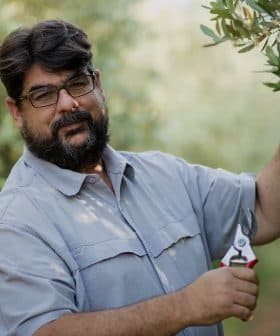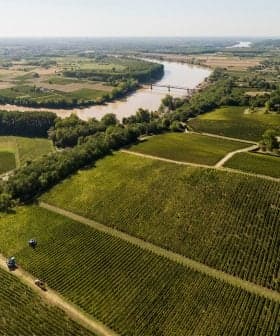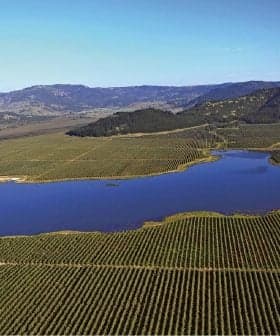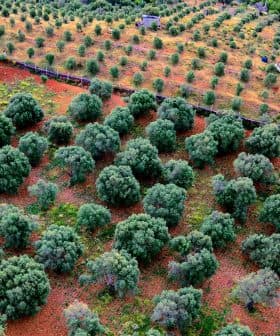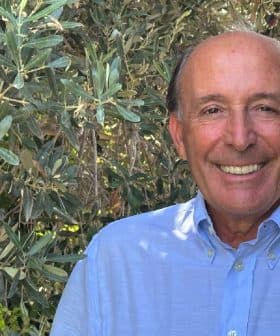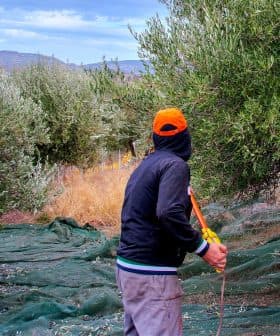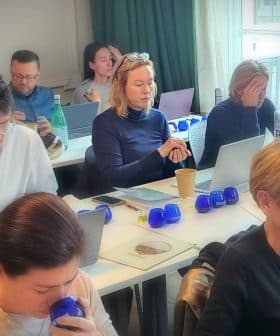Global Organic Farmland Continues Steady Expansion

The latest data from the World of Organic Agriculture 2025 report shows that organic farmland worldwide expanded by 2.6 percent in 2023, adding 2.5 million hectares and bringing the total global organic agricultural area to almost 99 million hectares, with Spain leading the growth among olive oil-producing countries. Despite a decline in organic olive farming in 2023, global organic product sales reached €136.4 billion, with the United States remaining the largest market for organic products and the E.U. aiming to increase organic agriculture to cover 25 percent of all farmed land by 2030.
The latest data reveal that in 2023, organic farmland worldwide expanded by 2.6 percent, adding 2.5 million hectares and bringing the total global organic agricultural area to almost 99 million hectares.
The World of Organic Agriculture 2025 report, published by the Research Institute of Organic Agriculture (FiBL) and IFOAM Organics International, indicates that organic farmland accounted for 2.1 percent of all agricultural land worldwide in 2023.
Spain led the growth among olive oil-producing countries, with its organic farmland expanding by nearly 12 percent or more than 300,000 hectares.
See Also:One-Third of World Olive Oil Competition Entries Organic for the First TimeThis positioned Spain among the countries with the highest organic agriculture expansion, trailing Uruguay (30 percent) and China (18 percent).
In Italy, organic agriculture grew by 4.5 percent, bringing the total share of organic farmland to almost 20 percent of the country’s agricultural land.
Permanent crops, including olives, coffee, cocoa and nuts, accounted for 6.8 percent of the global organic farmland.
The report states that organic olive cultivation surpassed 825,000 hectares worldwide in 2023.
Over the past decade, organic olive cultivation has grown by nearly 200,000 hectares, marking a 32 percent increase.
However, the report indicates a 3.1 percent decline in 2023 compared to 2022, with 26,572 hectares of olive farms abandoning organic practices.
This trend has been observed across multiple crops in various regions, including the European Union, despite the Common Agricultural Policy (CAP) offering more funding and opportunities for organic farmers than ever before.
According to the Italian organic association FederBio, the decline in the E.U. can be attributed to the growing bureaucratic burden affecting both farms and national institutions.
“Many companies no longer see the incentive mechanism as an opportunity to seize but rather as a tight network of voluntary commitments that add to the binding requirements of the new environmental policy,” FederBio said.
The association highlighted that European farmers’ widespread protests in 2024 stemmed from multiple factors, including a shifting perception of the E.U.‘s environmental and agricultural policies.
“Many farmers have begun to perceive this strategy as hostile, feeling it puts them on trial rather than recognizing their role as stewards of the land and the environment,” the association noted.
“The E.U. has been accused of raising environmental sustainability standards without adequately considering the feasibility of certain regulations and the balance between environmental ambition and productive realities,” FederBio added.
The protests have prompted Brussels to revise certain aspects of the CAP, but it is still too early to determine their impact on organic farming.
According to FIBL/IFOAM, Spain remains the global leader in organic olive farming, with 292,868 hectares, followed by Italy (215,791 hectares) and Tunisia (153,233 hectares).
Notably, global organic product sales reached €136.4 billion in 2023, a significant rise from €15.1 billion in 2000.
The United States remains the largest market for organic products, with sales totaling €59 billion. The E.U. is second, with €46.5 billion.
The report reveals that while organic agriculture is practiced in 188 countries, only 75 have fully implemented it with specific regulations.
In the E.U., organic agriculture now covers 11 percent of all farmed land, totaling 19.5 million hectares. The E.U.’s Green Deal and Farm-to-Fork strategy aims to increase this to 25 percent by 2030.
Australia remains the global leader, with 53 million hectares dedicated to organic farming, while Oceania, with 53.2 million hectares, accounts for 54 percent of all organic farmland.
In North America, organic farmland covers 3.3 million hectares, representing 3.4 percent of total agricultural land.


